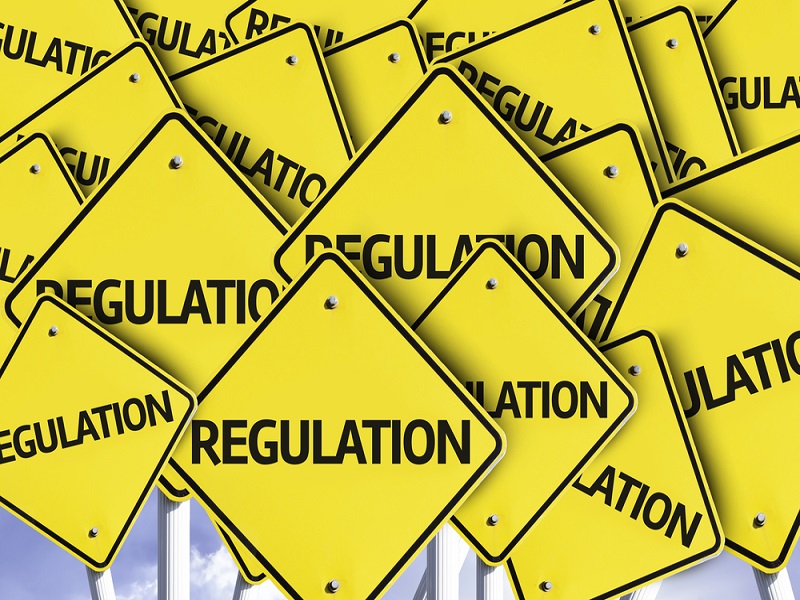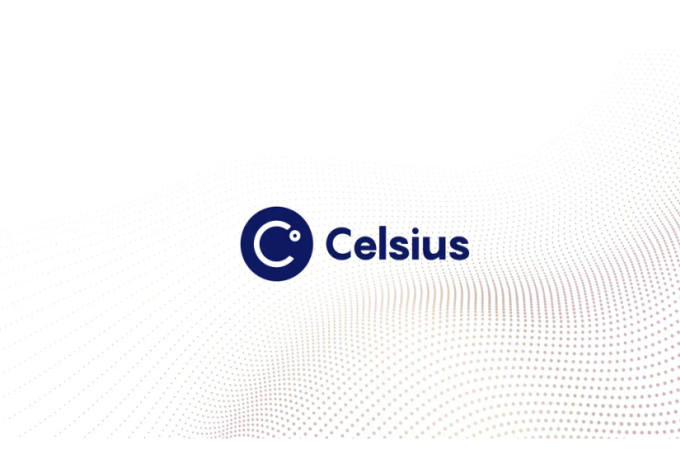
Sorry, Startup Founders, Dealing With Regulators Is Inevitable
By Erin Griffith for Fortune
The one thing software can’t ‘eat’
Last week George Hotz, founder of Andreessen Horowitz-backed self-driving car startup Comma.ai, announced that because of a threatening letter from the NHTSA, he would cancel his company’s plans to build kits that retrofit cars to drive themselves.
“Would much rather spend my life building amazing tech than dealing with regulators and lawyers. It isn’t worth it,” he tweeted. The NHTSA was asking for proof that the Comma One device was safe, with a threat to block its sale if the proof wasn’t provided.
It’s been on my mind all week, alongside Andreessen Horowitz’s investment thesis that “software is eating the world.” The idea has become so common it is now an Onion headline: New Company Aims To Explore Intersection Of Technology, Other Thing.
One side effect of software creeping (barging) into every sector of the economy is that technologists are now butting up against rules and regulations they didn’t face when they were just selling ads and data storage.
Despite the lessons learned from Uber and Airbnb’s regulatory stumbles, some startups still prefer pure, unadulterated, “leave us alone” disruption. As I wrote earlier this year, it’s the attitude of, “Why don’t people just trust that we are doing the right thing? Just let us work without picking apart every detail, and we’ll all be better off in the end.” Expressing concern and asking hard questions about new technologies, even in situations where the public is confused and wants to know more, makes you a “hater.”
Nevermind that Hotz was practically baiting regulators with his over-the-top proclamations and blustery conference speeches. (Comma’s t-shirts even say “Comma.ai / I am gonna be so rich.”) Or that self-driving kits like the Comma One operate in a legal gray area with little more than a loose set of guidelines in place. Or that building amazing technology and dealing with regulators and lawyers are not mutually exclusive. Hotz decided to take his ball and go home, an approach that, unsurprisingly, met a fairly negative response online.
It’s possible Comma, which has less than a dozen employees, was already re-evaluating its plan to sell aftermarket kits. The company’s self-imposed year-end deadline for launching that product is fast approaching. (The founders of Cruise Automation made a similar pivot after they realized how many makes and models they’d have to integrate their kits with.) If Comma was already planning a pivot, the NHTSA provided a convenient excuse and an on-brand rallying cry (disruption!) to go with it.
Some players in the self-driving industry are nervous about wild card startups like Comma.ai. It reminds me of the time Oculus VR CEO Brendan Iribe warned virtual reality headset competitors not to “poison the well” by introducing a product that wasn’t ready. In other words, a bad first impression could hurt the entire category. With self-driving cars, the stakes are so much higher than sub-par VR kits: It’s a matter of saving lives.
This summer, after the Tesla Autopilot TSLA 1.80% fatality, I interviewed David Strickland, former NHTSA regulator and current counsel to the Self-Driving Coalition for Safer Streets, a lobbying group that includes Uber, Lyft, Ford F -0.09% , Volvo, and Google GOOGL -0.14% . He expressed a similar sentiment: “We need to make sure to protect the ecosystem, so that we don’t have some player taking on unnecessary risk that may impact the opportunity to fully deploy because people think self-driving may not be ready or dangerous.”
In case it’s not clear from my coverage, I am very excited for all the benefits of self-driving technology. As I’ve covered the topic in recent months, I’ve talked to experts ranging from academics to executives in Detroit that caution against the hype. (“The public is being fed a publicity story that is not based on reality,” one told me earlier this week.) Given the stakes, I’m willing to wait until the technology is ready.
First appeared at Forutne





